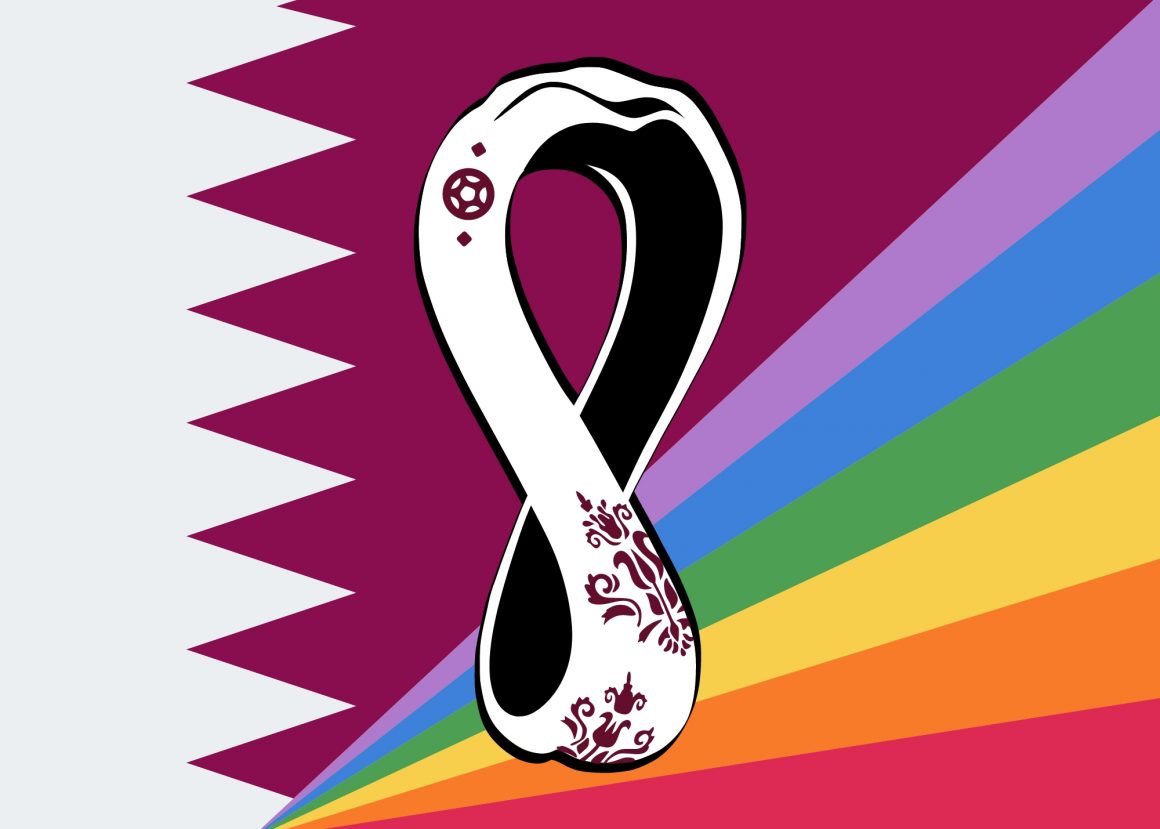
Qatari World Cup ambassador makes anti-LGBTQ+ remarks a week before kickoff
By Rodrigo Verney, November 28 2022—
The Qatar world cup has barely started and it is already surrounded by a level of controversy that rivals the infamous ’78 World Cup and the ’36 Olympics. The history of human rights abuse has been notorious and the offences just keep piling up. On November 9, a mere 11 days before the World Cup kicked off, an ambassador for the World Cup in Qatar described homosexuality as “a damage in the mind” in an interview with ZDF, a German broadcaster.
The interviewee was Khalid Salman, a former Qatari player. The interview inevitably came to the discussion regarding the world’s concern about how members of the LGBTQ+ community would be received in the country, to which Salman promptly said that “they would have to obey by their rules.” The interviewer was quick to press on the matter and Salman reminded him that homosexuality is haram, which means forbidden by Islamic law. He then went on to say that it was forbidden because it is “a damage of the mind” and that homosexuality “is a spiritual harm.”
The interview was promptly interrupted by a media officer of the World Cup organizing committee. Nancy Faeser, Germany’s interior minister, was quick to condemn his remarks and guarantee that she met with Qatar’s prime minister and he had given a “safety guarantee no matter where they come from, whom they love and what they believe in.” That, of course, wasn’t enough to ease tensions as the world continues to anxiously await how the expected 1.2 million visitors will be treated in these next few weeks.
Qatar is on a course to repair the image the country has internationally. Constant interviews addressing the alleged rigging of the World Cup votes in its favour and extensive talks on its stance on the LGBTQ+ community have been underway. The country also tried to change skeptics’ perspectives by flying in politicians who criticized the country to persuade them into giving them another chance.
Although it was reinforced in this interview, Qatar’s stance on the LGBTQ+ community is not news to the world. Their perpetual abuse has been documented for years and it is illegal in their territory. Even if they are free to exert their power within their borders, the problem arises when the world comes to their doorstep for one of the biggest events in sports. Now, that they’re being confronted on this stance, it is important to keep an eye out for how they’ll manage the event of legal repercussions because of a person’s gender identity. A problem that will involve diplomatic action.
It is not new for FIFA to host the World Cup in a nation shrouded by controversies and problems. The 1978 Argentina World Cup became a known example of FIFA endorsement in a nation amidst one of the worst military regimes it has ever witnessed. Plans to boycott that edition fell through, leading to an event that should stand for basic human rights to be played in a country broken by a strong military presence. Even though the home team won that cup, the story that will forever be remembered will be the association of the FIFA brand with Argentina’s dictatorship. We have to wonder if the same won’t apply to Qatar as well.
